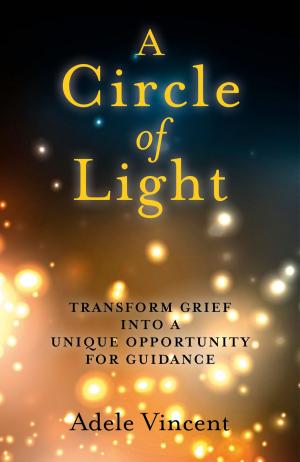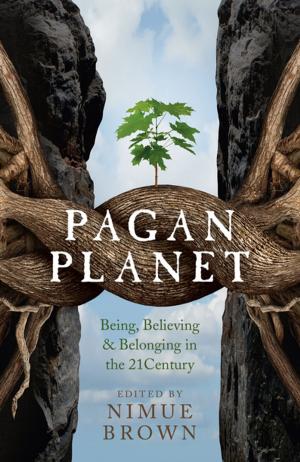The Magic Kingdom
Property, Monarchy, and the Maximum Republic
Nonfiction, Social & Cultural Studies, Political Science, Government, Civics, Politics, Economic Conditions| Author: | Dan Hind | ISBN: | 9781782794028 |
| Publisher: | John Hunt Publishing | Publication: | September 26, 2014 |
| Imprint: | Zero Books | Language: | English |
| Author: | Dan Hind |
| ISBN: | 9781782794028 |
| Publisher: | John Hunt Publishing |
| Publication: | September 26, 2014 |
| Imprint: | Zero Books |
| Language: | English |
Anyone who knows anything about Britain knows that it is a democracy and a constitutional monarchy. The trouble is, it is neither. The United Kingdom of Great Britain and Northern Ireland is one of the most exotic nations on earth. In the republican form of government a defined public exercise sovereign power. Most modern states describe themselves as democratic republics. The United Kingdom of Great Britain and Northern Ireland is an anomaly, in that formal sovereignty is still denied to its people. In The Magic Kingdom Dan Hind explores what the republican tradition has to offer the British at a time of deep political, social and economic dislocation. He considers what innovations are necessary if liberty is to be secured in current conditions. His argument will surprise many who consider themselves republicans. It will upset those who benefit from the current arrangements. It offers a way forward for those who can no longer tolerate steepening inequality and its associated ills. Existing republican institutions have not been able to deliver public control of the state. If substantive democracy is to be possible in large and complex societies, the systems of communication, subsidy and credit must be made subject to popular oversight and control. In a disarmingly calm manner, Hind shows how this can be done, by minor adjustments to the existing institutions. Perhaps, unlikely as it sounds, Britain will provide the venue for the world's first truly republican society.
Anyone who knows anything about Britain knows that it is a democracy and a constitutional monarchy. The trouble is, it is neither. The United Kingdom of Great Britain and Northern Ireland is one of the most exotic nations on earth. In the republican form of government a defined public exercise sovereign power. Most modern states describe themselves as democratic republics. The United Kingdom of Great Britain and Northern Ireland is an anomaly, in that formal sovereignty is still denied to its people. In The Magic Kingdom Dan Hind explores what the republican tradition has to offer the British at a time of deep political, social and economic dislocation. He considers what innovations are necessary if liberty is to be secured in current conditions. His argument will surprise many who consider themselves republicans. It will upset those who benefit from the current arrangements. It offers a way forward for those who can no longer tolerate steepening inequality and its associated ills. Existing republican institutions have not been able to deliver public control of the state. If substantive democracy is to be possible in large and complex societies, the systems of communication, subsidy and credit must be made subject to popular oversight and control. In a disarmingly calm manner, Hind shows how this can be done, by minor adjustments to the existing institutions. Perhaps, unlikely as it sounds, Britain will provide the venue for the world's first truly republican society.















